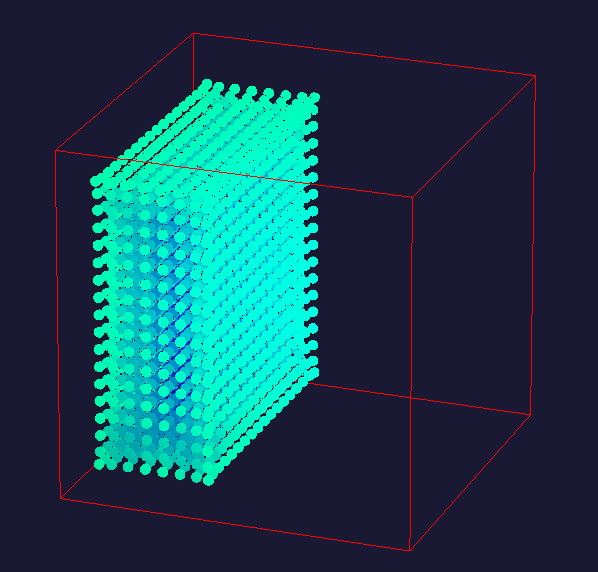In the Chronicle of Higher Education, there as an article recently discussing early college credits for high-school students. I was surprised that instead of more affluent schools starting these programs, the participants were mostly minorities in already under-achieving schools. This isn’t a way to help bridge the gap between the rich and the poor.
I think one of the key paragraph was the following:
[Studies] have found that students who earn college credits in high school are more likely to continue in college and to graduate on time; some reports have shown a correlation with better grades.
The fact is upper-level college classes are hard. They are hard for the people who are well qualified to be in college, and they are probably near impossible for the others. The unfortunate high school students who took “college class” at their high schools will not be prepared for actual universities. Why is that?
For one, you have much more support in a high school environment in terms of teacher time. Seeing a teacher for 50 minutes a day for a whole week is around an entire lecture worth of more meeting time than my typical 4-credit class. This means that they cover material significantly slower than normal if they follow the same syllabuses as college classes. There won’t be 200 pages worth of reading to do at home per weekend… nor 10 hours problem sets a week (both figures are from my freshman classes).
Next, the hard part of college is the time management. These high school students will not have the same number of distraction as a college student. They’ll never be able to “to turn down the music and pass on parties when they need to study.” Part of this skilled is not just from struggling through freshman and sophomore year either, it comes with maturity in age.
Maybe the most important part is the different atmosphere that college entails. High school was a breeze for me; I never had to spend more than 1 hour on homework typically. Cornell has taught me to trust my classmates and to work together on homework. While the concept of helping others to help yourself (in terms of academics) is incredibly simple, most freshman refuse to do it. They still have a (big) ego to be popped.
So what do I believe should be a good balance between accelerating high school students, and providing cheaper college education?
The classes should be taught at the university, on campus, and by the actual professor. This will ensure that the high school student will receive lecture time equivalent to what he’ll see. I took several FSU classes during my senior year, and I understand the frustration of parking/gas/transportation. Maybe work out some deal to schedule the college class in an appropriate time and bus the students who doesn’t have a car.
Universities should follow the elite colleges and refuse to accept dual enrollment credits unless it can be proven that they’ve learned the material. For me, none of my math classes transferred to Cornell and I am glad it didn’t. It pushed me to take Math 2230 and I gained so much from that class. I know that Caltech and MIT frequently refuse to take AP credits and transfer credits (from high school students), and I believe it’s a good thing. Frequently, students go in to college thinking they’ve mastered the material, until they learned the college likes to focus on an entirely set of different materials.
Most importantly, college classes should only be offered to kids who show promise or are simply ahead of the class. College is hard, and increasingly expensive. Not going to college is probably even more expensive, but it’ll be a disservice to those kids who thought they’ll succeed in college, but ultimately flunk out. I’m not saying one shouldn’t offer advance materials to those failing, but the money which would’ve been going into college credit classes for those only slightly ahead should be going towards hiring better teachers, and creating AP classes.
Article Link or Cornell’s Proxy Link






